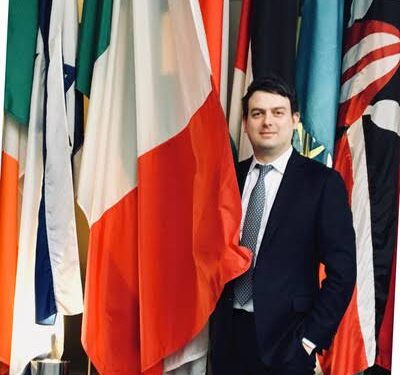The International Monetary Fund (IMF) has outlined three critical reform priorities Ghana must urgently pursue to secure lasting macroeconomic stability. These include continued fiscal discipline, energy sector sustainability and improved governance across state-owned enterprises. According to the IMF, while Ghana has made strong progress under its programme with the Fund, meeting all quantitative targets for the June 2025 review, completing these reforms is essential to make the country’s economic recovery durable. Ghana has completed the staff-level agreement for the fifth review of its Extended Credit Facility (ECF) program with the International Monetary Fund (IMF) in September 2025. The final approval by the IMF Executive Board is expected by the end of December 2025, which will unlock a disbursement of approximately US$385 million. Speaking on Channel One TV’s Point of View with Bernard Avle, IMF Resident Representative to Ghana, Dr. Adrian Alter, confirmed that “all indicative targets and quantitative targets at end-June 2025 were met.,” describing it as “an important plus.”
But he stressed that “several key reforms remain essential to secure this long-lasting macroeconomic stability.”
On fiscal management, Dr. Alter said the government must continue strengthening how public finances are managed while boosting domestic revenue and improving expenditure efficiency.
“This is important for the country to strengthen how the government manages its finances, boost domestic revenue, also improve tax administration and ensure that public spending is efficient and transparent,” he stated.
He also pointed to the energy sector as an area requiring urgent attention despite progress made in reducing legacy arrears.
“The government has renegotiated recently the legacy arrears with the IPPs and has taken steps to improve the revenues of the ECG and the cash waterfall mechanism. But this is not sufficient. More work has to be done to ensure the financial sustainability of the energy sector.”
Dr. Alter added that better governance and transparency across major state-owned enterprises including the Electricity Company of Ghana, Cocobod, and the Ghana National Petroleum Corporation will be crucial to sustaining macroeconomic stability and strengthening investor confidence.






